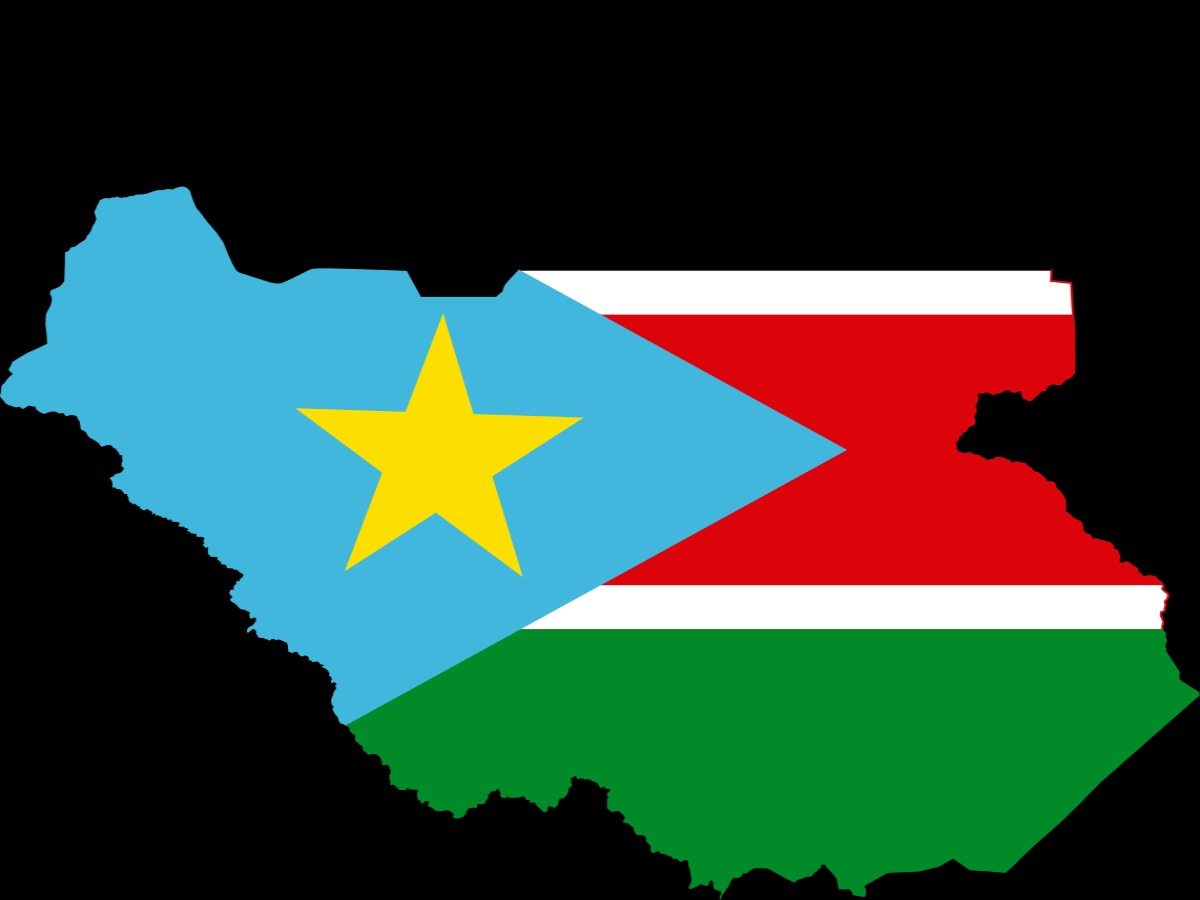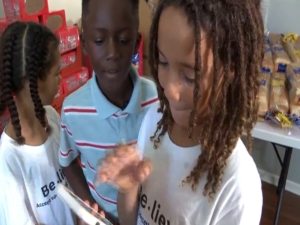The United States is ending Temporary Protected Status (TPS) for South Sudan, a program that for years allowed South Sudanese nationals to remain in the U.S. legally while escaping conflict and instability at home.
The Department of Homeland Security announced that the termination will take effect on January 5, 2026.
“After conferring with interagency partners, Secretary of Homeland Security Kristi Noem determined that conditions in South Sudan no longer meet the TPS statutory requirements,” the statement said.
The agency also said South Sudanese nationals who report their departure using the Customs and Border Protection mobile app may receive “a complimentary plane ticket, a $1,000 exit bonus, and potential future opportunities for legal immigration.”
The decision will be a huge setback for South Sudanese refugees, many of whom continue to face political instability and humanitarian crises in their home country.
Edmund Yakani, a prominent civic leader in South Sudan, criticized the move as a signal of deteriorating cooperation between South Sudan and the United States on deportation matters.
“South Sudan has not accepted a second phase of U.S. deportees, and this has angered the Trump administration. The administration has now decided to end protections for South Sudanese who fled the war,” Yakani said in an AP report.
Earlier this year, at least eight men were deported from the U.S. to South Sudan under a program targeting unwanted migrants.
READ ALSO: South Sudan confirms custody of 8 men deported by U.S. following Supreme Court ruling
South Sudan has been under TPS since 2011, following its independence from Sudan. The designation has historically been renewed in 18-month increments, offering a temporary safe haven for those fleeing violence.
The decision to end TPS aligns with broader actions by the Trump administration to revoke immigration protections for thousands of foreign nationals, including Venezuelans and Haitians who were previously allowed to remain in the United States.
South Sudan’s government continues to struggle with basic governance and service delivery. Years of civil conflict have left the country dependent on international aid, which has been severely curtailed by U.S. foreign assistance cuts. Hunger remains widespread, and parts of the country are reportedly approaching famine conditions.
A peace agreement between forces loyal to President Salva Kiir and his former deputy Riek Machar has been in effect since 2018. However, the deal is showing signs of strain following Machar’s arrest earlier this year on criminal charges. Kiir said he suspended Machar as first vice president so that his deputy could face charges, including treason.
READ ALSO: U.S. revokes all South Sudanese visas – Rubio announces










